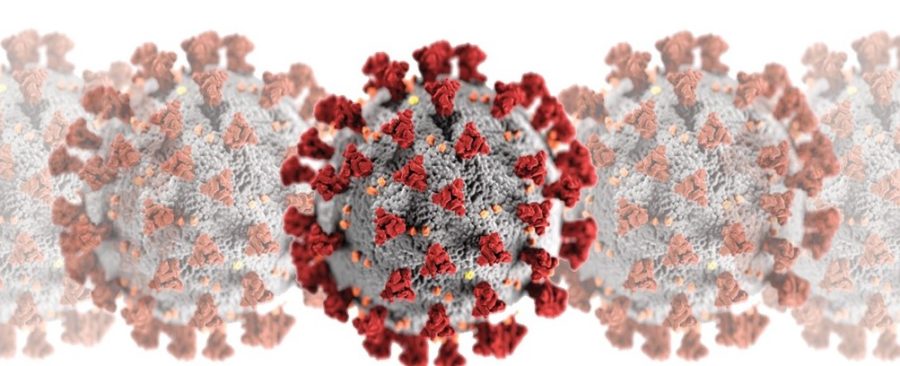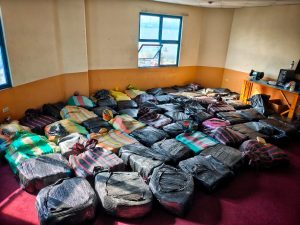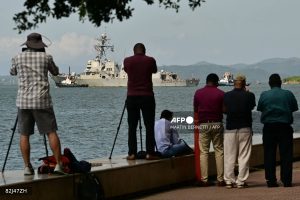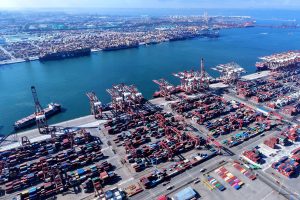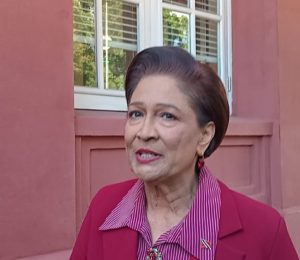By Sue-Ann Wayow
REGARDLESS of the variant of the Covid-19 virus, it is still worth being vaccinated.
This was the advice given on Wednesday by Professor of Molecular Genetics and Virology at the University of the West Indies (UWI) Christine Carrington.
Speaking during the Ministry of Health’s virtual media conference, Prof Carrington said the recently detected P1 or the Brazilian variant, along with the UK and South African variants were of concern because of the spike protein. She said Covid-19 vaccinations should offer sufficient antibodies in which to protect against the Covid-19 virus and its mutations.
She said, “The main concern about P1 and also some of the other variants is that they contain a large number of mutations including mutations including a part of the virus called a spike protein. And that spike protein is a major target for protective immune response and it is also the protein along which the Covid-19 vaccines were designed.”
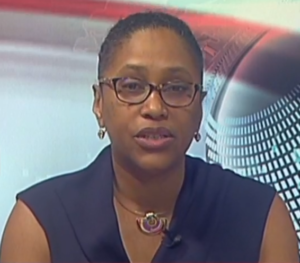
There were 11 spike protein mutations for the P1 virus in the region Prof Carrington said.
She said, “Laboratory tests have shown that because of the mutations in the spike protein, the P1 variant is a little less neutralised by antibodies produced in response to infection to known P1 variants. As a result, it is possible for people to be reinfected with this variant. This resistance to antibody neutralisation is not as great as observed in B1351 that is the one that was first identified in South Africa.”
In terms of vaccine efficacy, while there was evidence that some vaccines may be less effective against P1, a recent scientific article that is yet to be peer reviewed, showed good evidence that antibodies were produced in persons who received vaccines including the AstraZeneca she added.
Prof Carrington said, “On the basis of this, those vaccines will offer sufficient protection against P1.It is also important to remember that even in cases where there is reduced vaccine efficacy, against a particular variant, vaccines still work well enough to protect against severe disease, hospitalisation and death.”
Epidemiologist Dr Avery Hinds said the individual who contracted the P1 virus from the Nariva/Mayaro district said the person was isolated and there was no evidence of a virus seed transmission.
![]()


